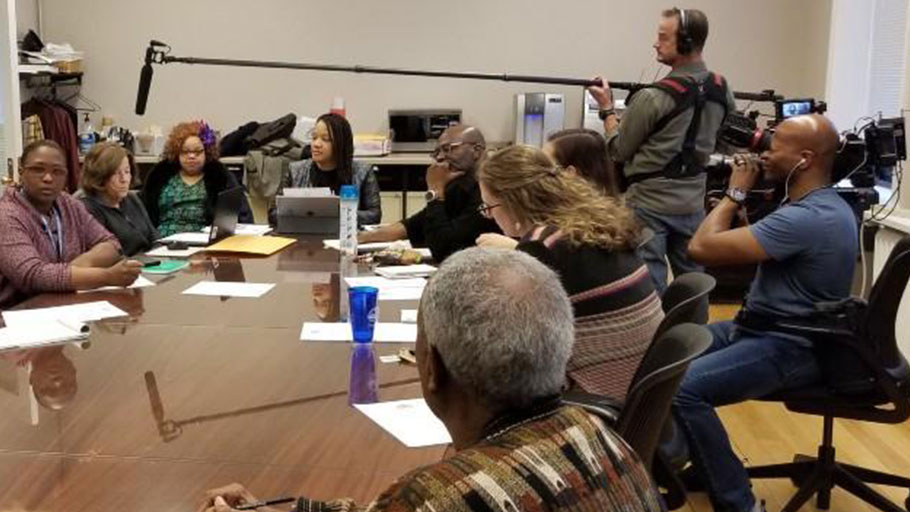
By Bill Smith, Evanston Now — With a documentary video crew from New York recording the session, Evanston’s City Council Reparations Subcommittee met on January 10, 2020 to consider adding…
Reparations for slavery is the idea that some form of compensatory payment needs to be made to the descendants of Africans who had been enslaved as part of the Atlantic Slave Trade. The most notable demands for reparations have been made in the United Kingdom and in the United States, where slavery was the most pervasive. Caribbean and African states from which slaves were taken have also made reparation demands.

By Bill Smith, Evanston Now — With a documentary video crew from New York recording the session, Evanston’s City Council Reparations Subcommittee met on January 10, 2020 to consider adding…
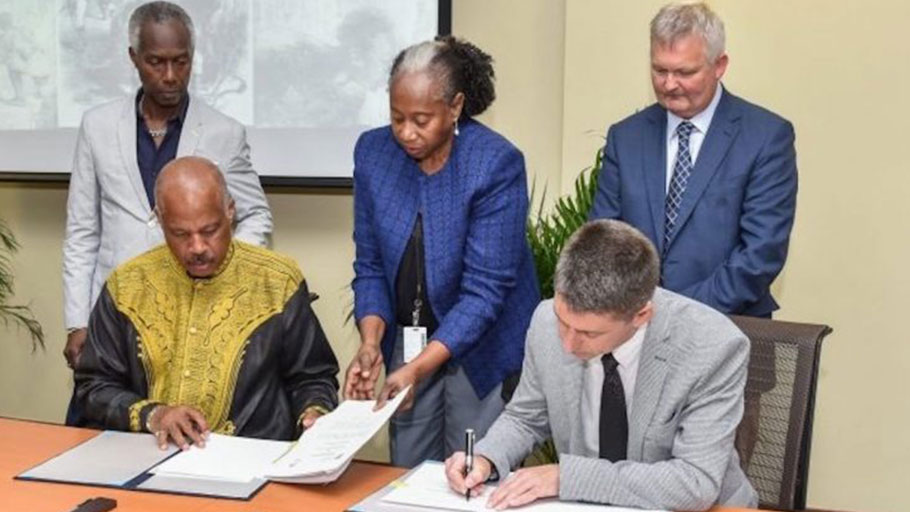
By Barbados Today — The historic Glasgow-Caribbean Centre for Development Research, a joint initiative of The University of the West Indies (The UWI) and the University of Glasgow, has begun its work. It is the first institution within British University history, dedicated to the slavery reparations policy framework. The Centre’s Board of Directors met at The UWI Cave Hill Campus in Barbados on December 18, 2019. Co-chaired by Professor Simon…
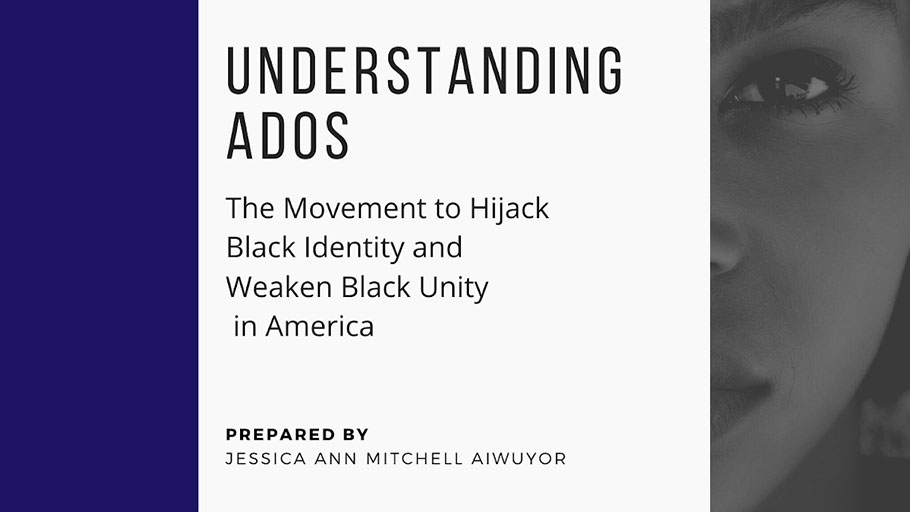
By Jessica Ann Mitchell Aiwuyor — The term “American Descendants of Slavery” (ADOS) was created in 2016 to describe and distinctly separate Black Americans/African Americans from Black immigrant communities (Africans, Afro-Caribbeans, Afro-Latinos, etc). The movement claims to advocate for reparations on behalf of Black Americans. However, this movement’s leadership is linked to right-wing media and white supremacists that have a history of attempting to cause divisions in the Black community.
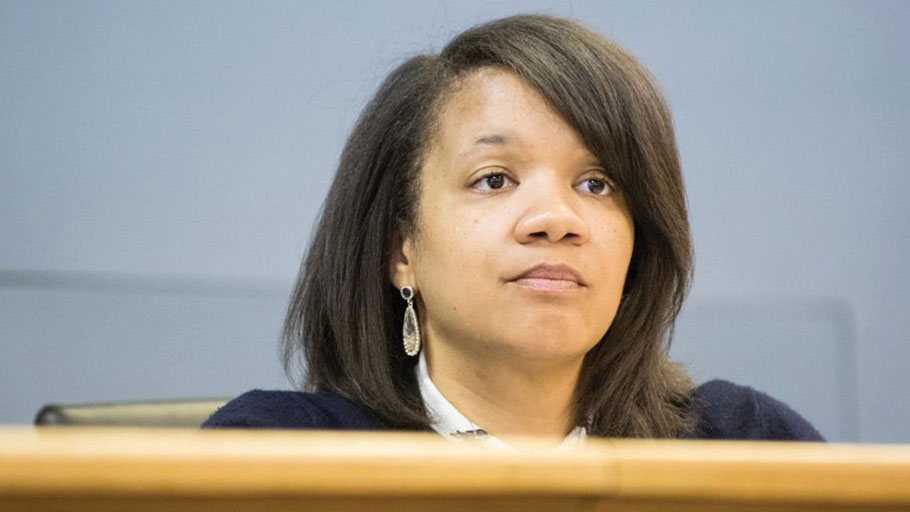
By Emma Edmund, The Daily Northwestern — Evanston has released an outline for creating and implementing a reparations plan, including a plan to possibly redistribute the funds in early 2021. City Council’s reparations subcommittee will expand this year to include additional experts and members of the community, according to a recent news release. Currently, Ald. Robin Rue Simmons (5th) and Ald. Ann Rainey (8th) are in the subcommittee. The subcommittee…
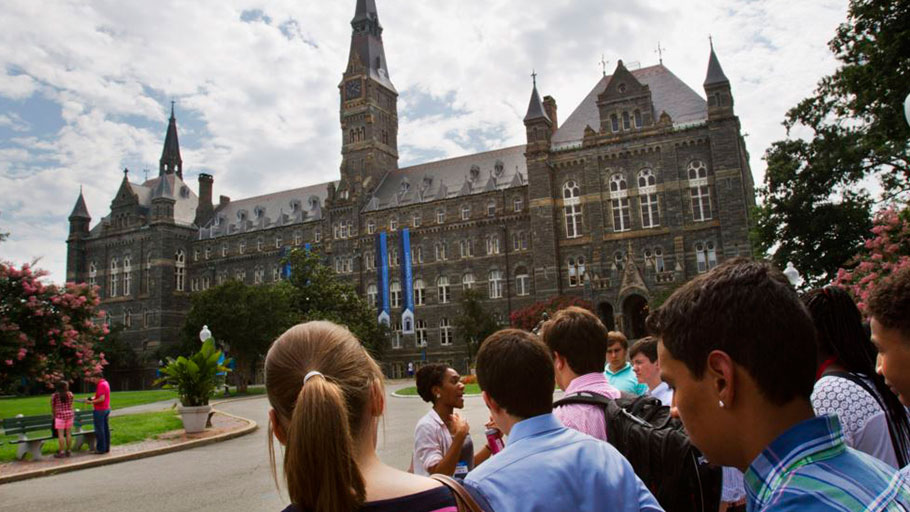
The Associated Press — American colleges and universities are increasingly discussing the idea of reparations linked to their historical ties to slavery. Until now, schools have created monuments, changed building names and issued…
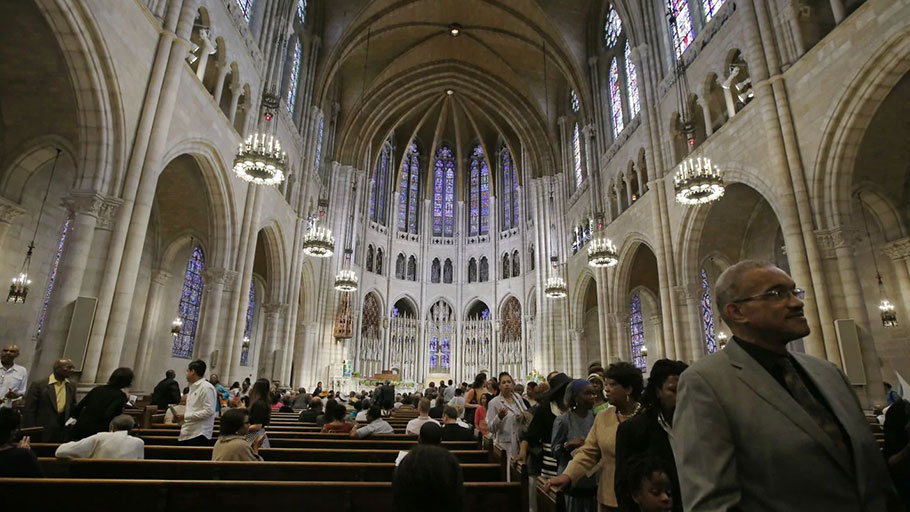
By The Associated Press This content is written and produced by Religion News Service and distributed by The Associated Press. RNS and AP partner on some religion news content. RNS…
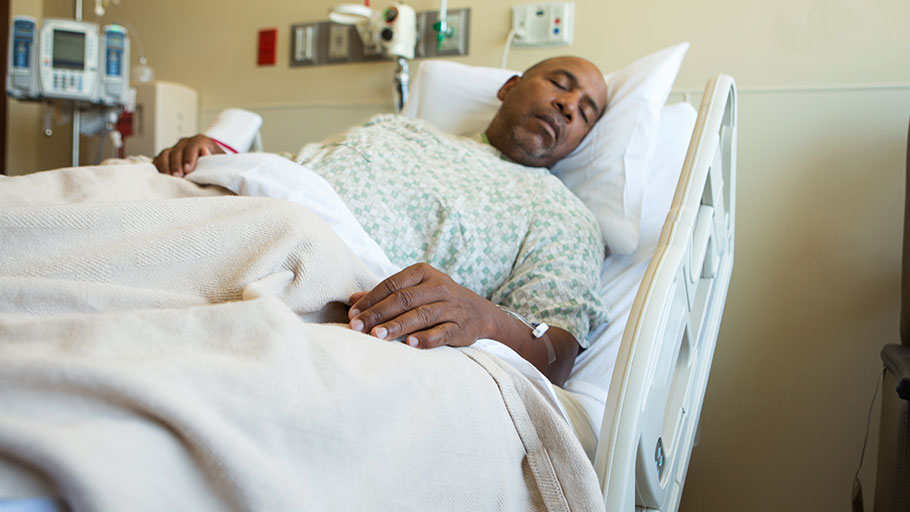
Health justice funds could be used to support Black and Indigenous health initiatives and provide mental and physical health services to deal with the impact of transgenerational trauma. By Roberta…
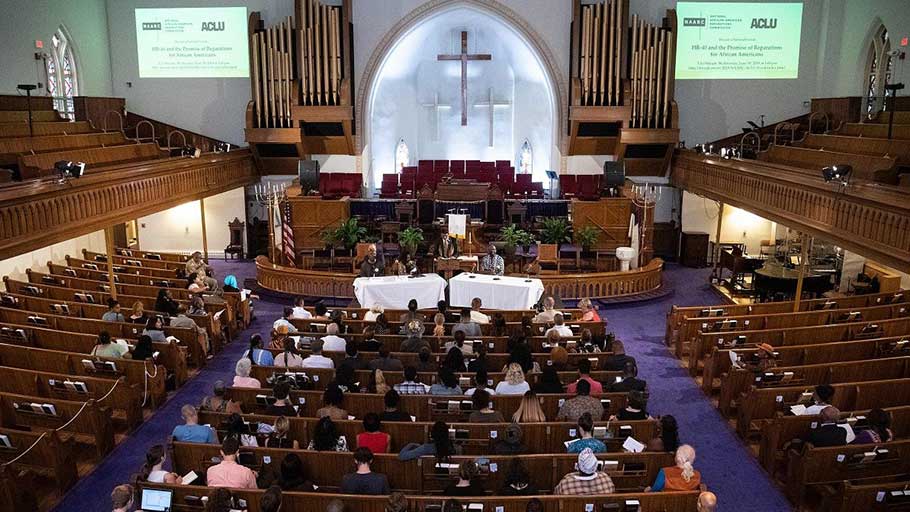
People attend the The National African American Reparations Commission and the American Civil Liberties Union’s forum to discuss “reparations as the country continues to reel from the impact of slavery…
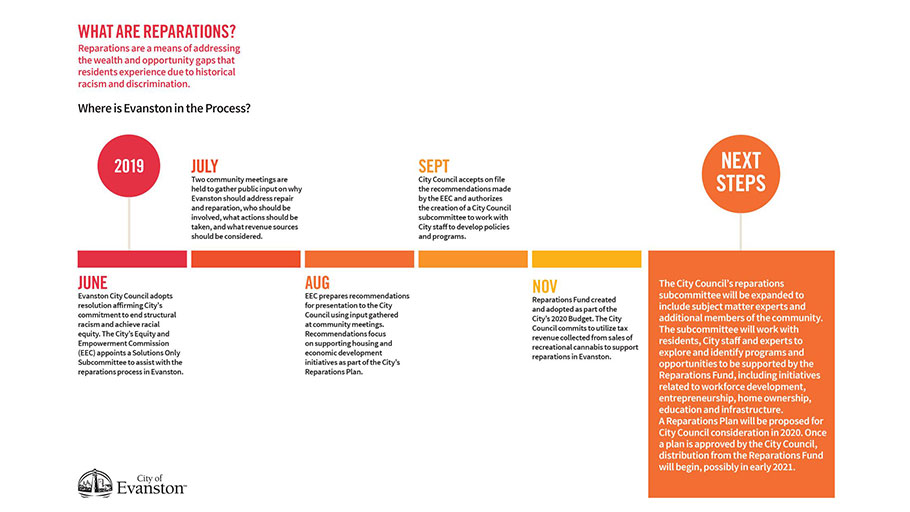
By Bill Smith, Evanston Now — After three months in which the Evanston City Council’s three-member reparations subcommittee held not a single public meeting, on Dec. 19, 2019 the city issued a press release announcing a schedule for a reformulated subcommittee to develop a reparations plan for submission to the City Council next year. At various times this fall members of the subcommittee that was appointed on Sept. 9 — Aldermen Robin Rue…
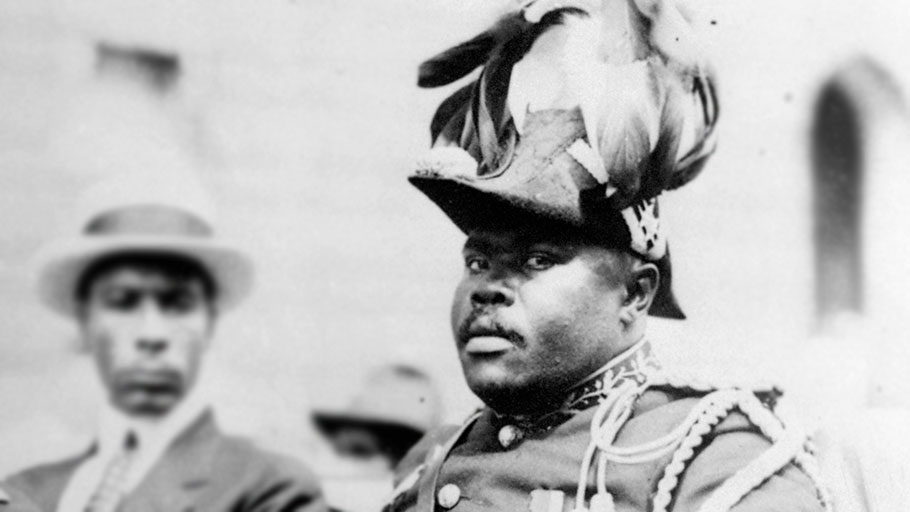
Towards the Year of Marcus Mosiah Garvey. 2020 will mark the 100th Anniversary of the International Convention of the Negro People of the World, Convened in 1920 in New York by Marcus Mosiah Garvey, President General of the Universal Negro Improvement Association and African Communities League (UNIA-ACL). Marcus Garvey was the greatest mass-organizer Black people have ever produced and the architect of an economic, social and political blueprint designed to…
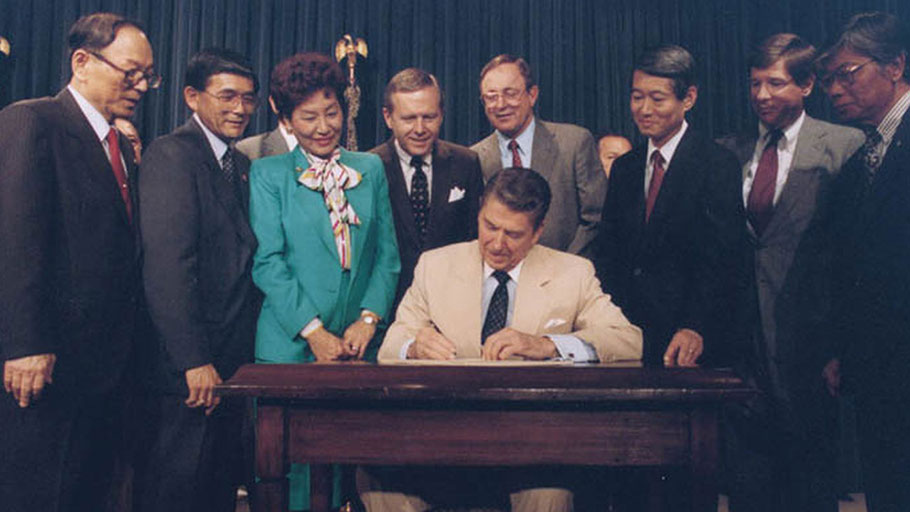
By Edna Whittier, The Roanoke Times — In 1988, President Reagan signed the Civil Liberties Act to compensate Japanese Americans who were in internment camps during World War II. Offering a formal apology it paid $20,000 to each surviving victim and their heirs. In 2004, the State of Virginia established the Brown v. Board of Education Scholarship fund setting aside $1 million (with another $1 million contributed by philanthropist John…
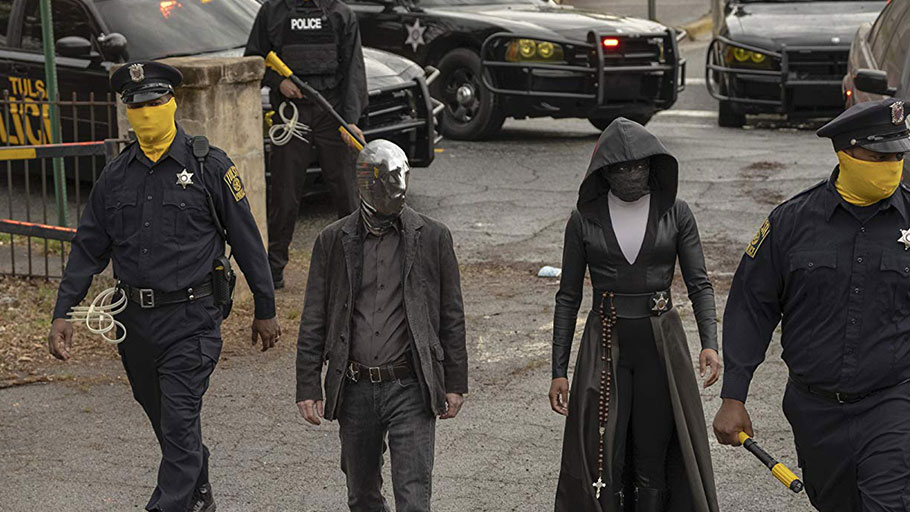
The perils facing Blacks in Tulsa, Oklahoma didn’t end with the show’s season finale. By Dreisen Heath, Human Rights Watch, Co-written by Kristi Williams, The Real Black Wall Street Tour Company — Watchmen may have been snubbed by the Golden Globes, but the season finale left many viewers in awe. As Black women who hail from Tulsa, Oklahoma — where the Watchmen plot plays out — we hope the season’s biggest legacy will…